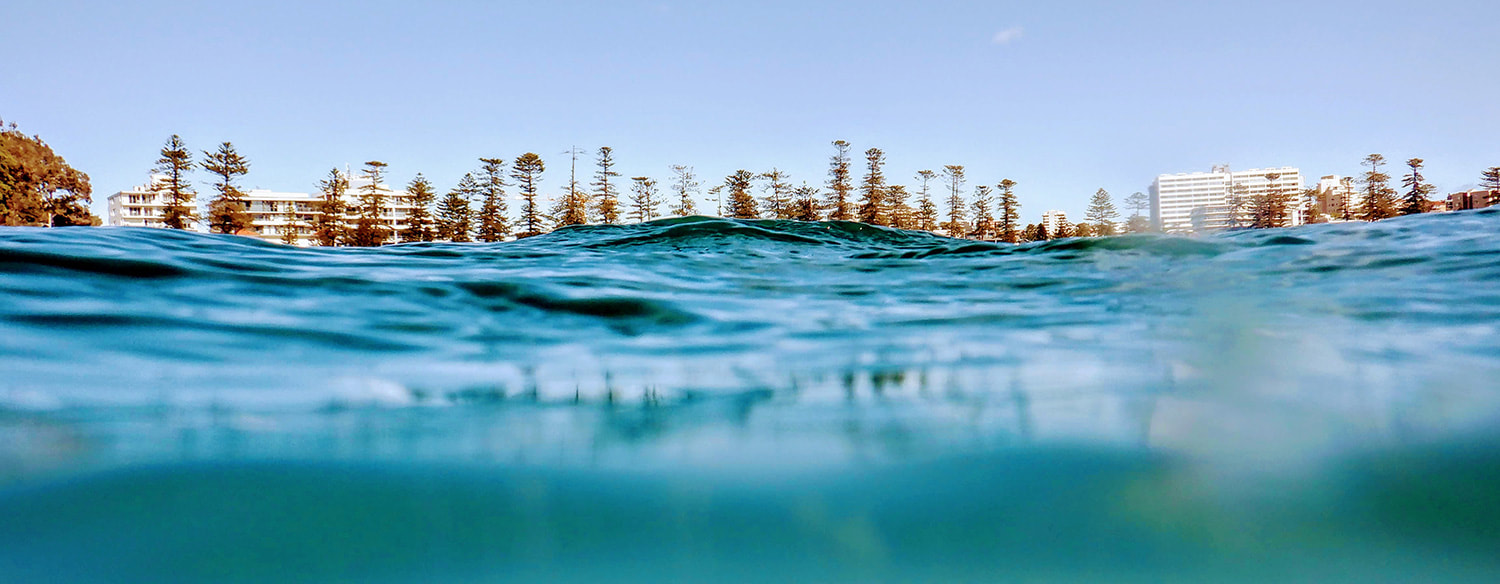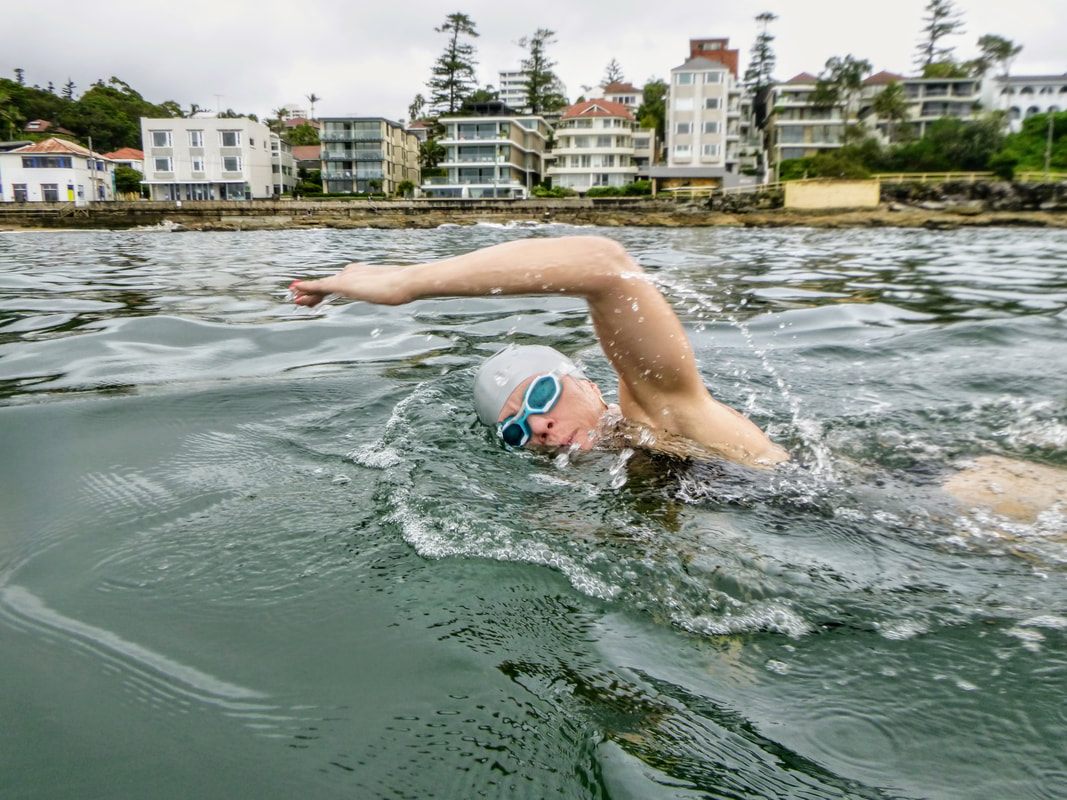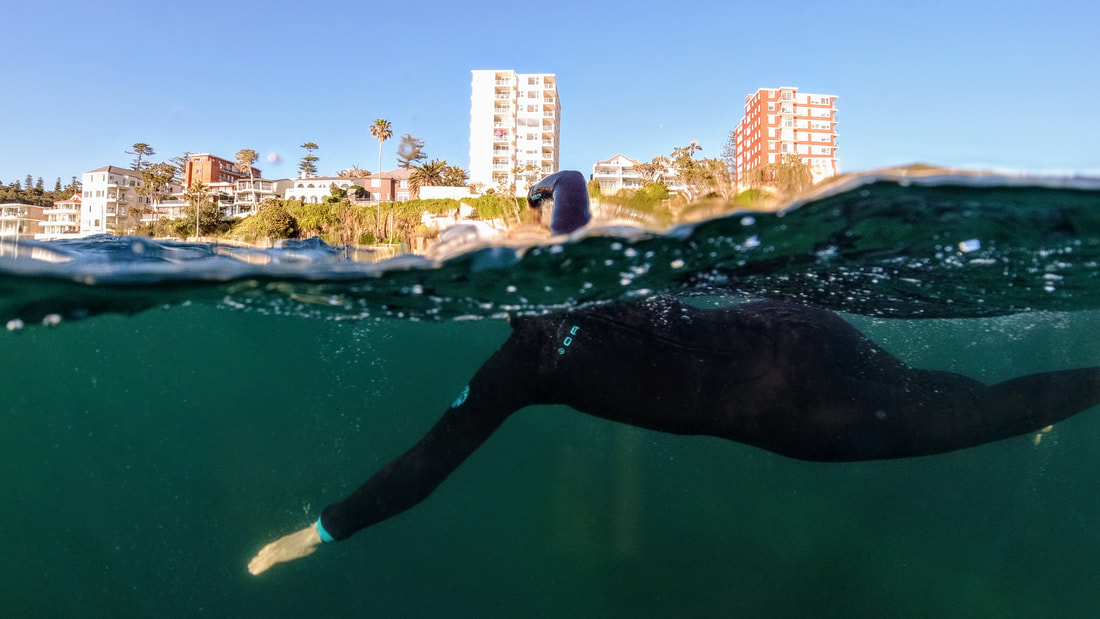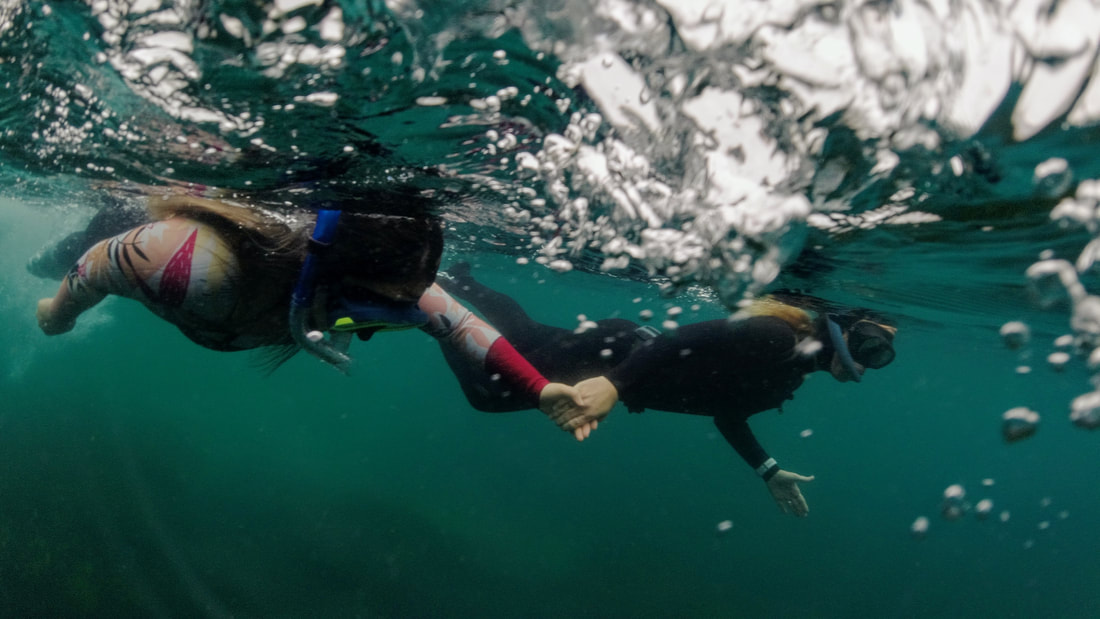What causes motion sickness? Motion sickness when swimming can be experienced when pool swimming but it’s more common in open water, especially the ocean. The ocean has more movement and on those days when water is choppy and bumpy, there is an increased chance of motion sickness.
However, it often sets in whilst in deeper water when we can’t go back to shore immediately. In this case stop, try and focus on something static such as a landmark or the sea bed. Try as best you can to calm your breathing and divert your mind, rather than focusing on the nausea. Talk to your buddy, think hard about something else or sing a song.’ If you struggle with motion sickness then maybe ease yourself into swimming in different conditions. Ocean pools can be useful for this for safety reasons. The ocean pools are affected by the tides and on high tide can get quite bumpy with water spilling into the pool from the surf therefore a lot of water moving around. Swim a little and often in different conditions to acclimatise your body to the movement of the water. Keep a calm rhythm with your breathing, keep movement and sighting to the minimum with a good head position looking down. When ocean swimming you never know when the conditions can change. Motion sickness can happen with any water activity, not just swimming so ALWAYS buddy up and know your limits. Have you suffered from motion sickness whilst swimming?
0 Comments
Leave a Reply. |
Archives
October 2023
Categories
All
|





 RSS Feed
RSS Feed

